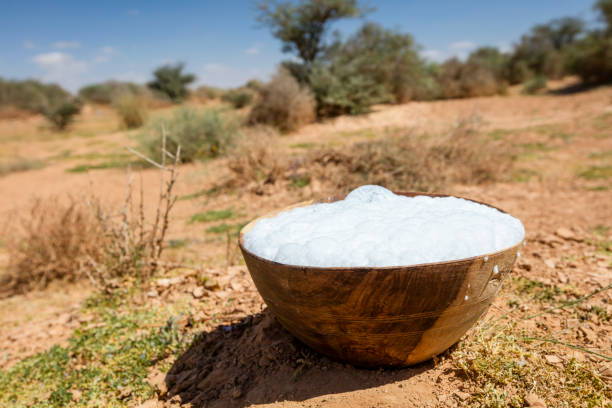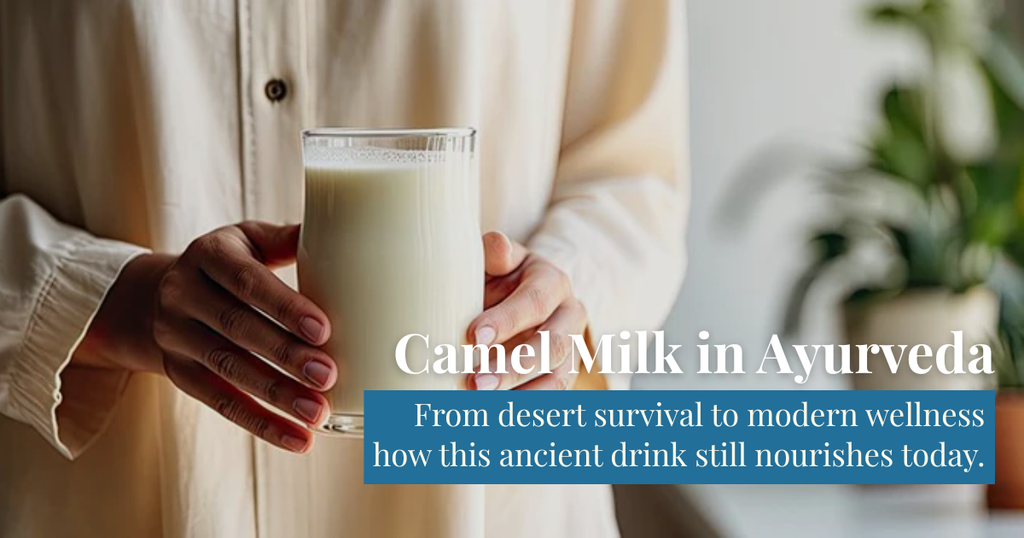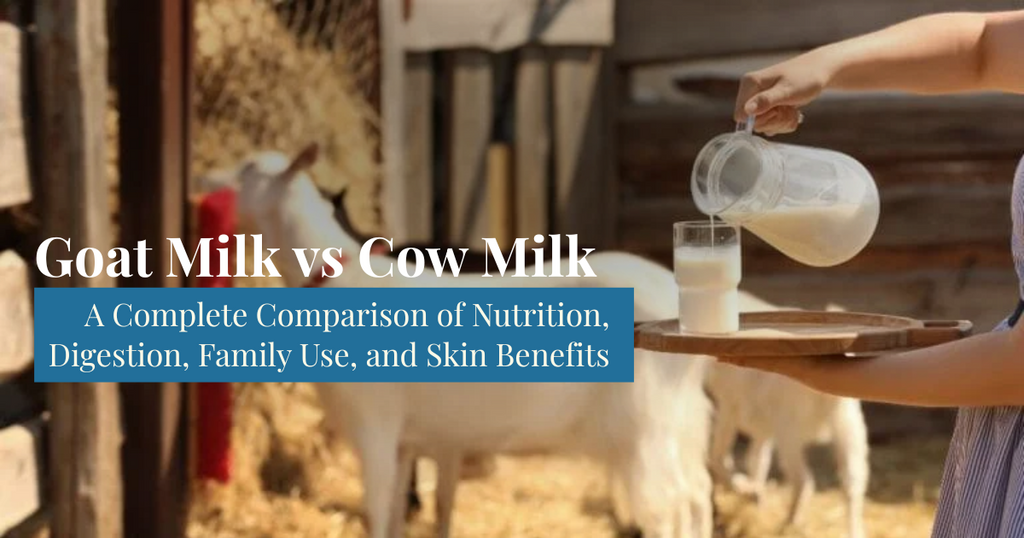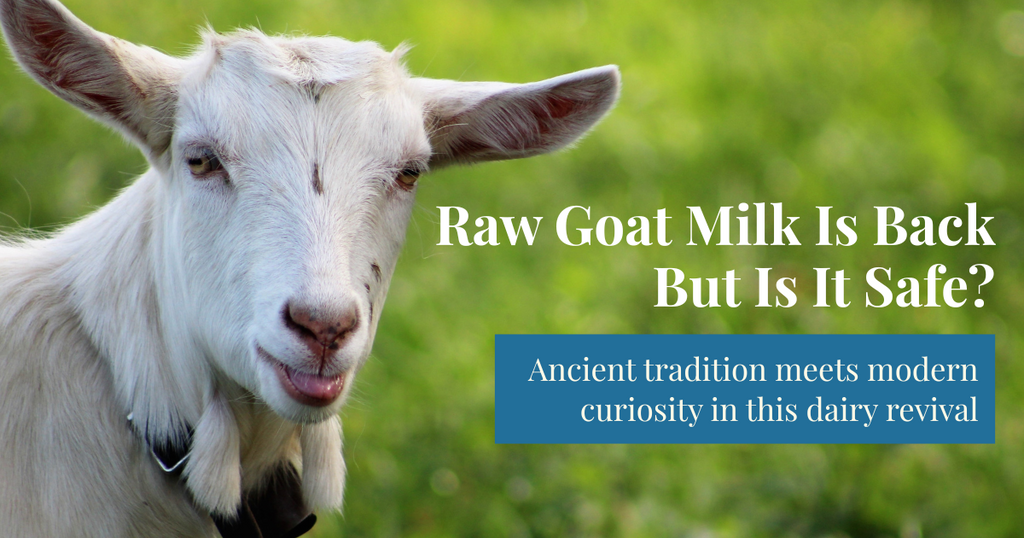According to Ayurveda, camel milk helps to balance Kapha and Pitta, aid digestion (Agni), and act as a rasāyana (rejuvenator). It helps to improve immunity, energy, and clarity of mind, in addition to supporting the natural detoxification processes and digestive health.
Camel Milk in Ayurveda Explained: Balancing Doshas, Boosting Immunity, and Living Desert-Strong
7 min read | Published: November 20, 2025 | By: Aadvik Foods
Under the relentless sun, the golden dunes of Rajasthan roll along with the gust of thick, hot air, and life moves to the easy-going beat of the desert, languid, patient, and wise. In this challenging land, survival is an art and wellness is a necessity, not a mere luxury.

For centuries, the desert people have not looked to pharmacies for healing, but to nature. Their answer was Ayurveda, the ancient Indian science of life, and, uniquely, camel milk. To the nomads who traversed the sands, camel milk was not simply food but medicine in movement, and Ayurveda heralded it as a remarkable solution that balanced body, mind, and spirit. As the world rediscovered traditional wellness, camel milk is making a comeback in the modern lifestyle as a superfood, bridging the ancient wisdom of the desert sun.
Tracking camel milk in Ayurveda
Camel milk is mentioned as far back as 2,000 years in Ayurveda. In the ancient texts, "Charaka Samhita" and "Sushruta Samhita," different types of milk are discussed in detail and classified according to their unique properties in relation to the doshas (fundamental bioenergies of the human body). The combination of these elements influences the overall well-being of the human body. These elements are:
- Vata (air and space that governs movement),
- Pitta (Fire and water that rules transformation), and
- Kapha (earth and water that governs structure)
Health Benefits of Ayurveda



Desert Life in Ayurveda vibes
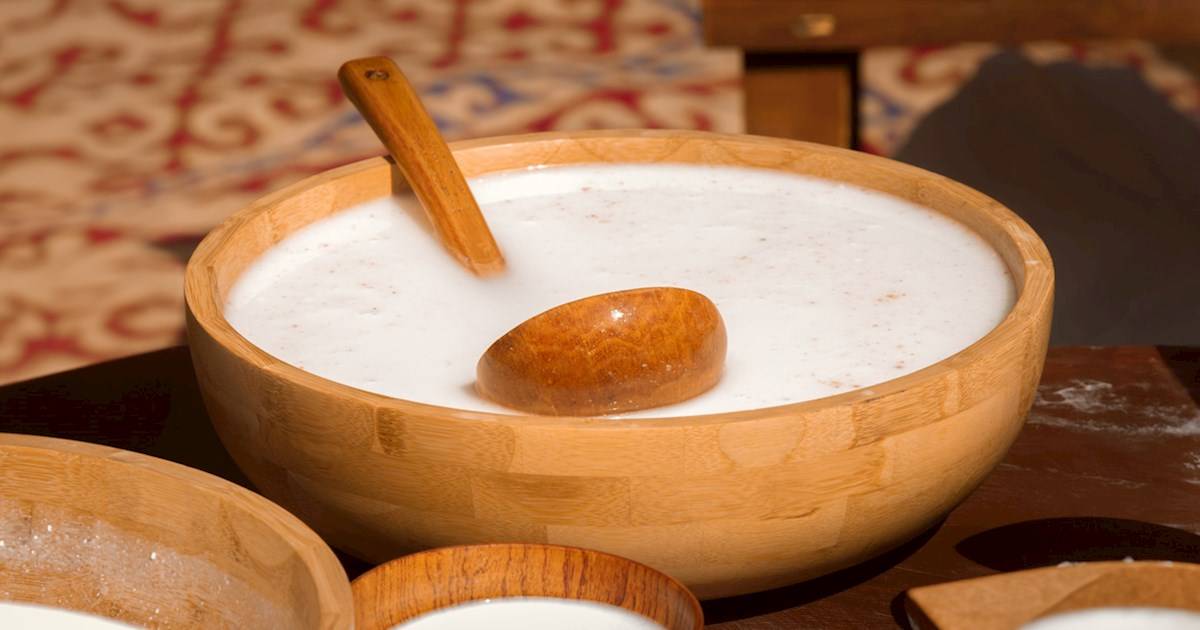
The MoU of Modern and Ancient Science
- As per studies, Camel milk has insulin-like proteins that can help regulate blood sugar, similar to the methods of balancing both Agni and Meda Dhatu (fat metabolism).
- Research suggests that it may have higher content of iron, vitamin C, and unsaturated fatty acids than cow milk, and it is better for immunity, brain aging, and skin repair.
- Studies also confirm its anti-inflammatory and antimicrobial properties. Just as Ayurveda described it as Shodhana (cleansing) and Rasāyana (restorative).
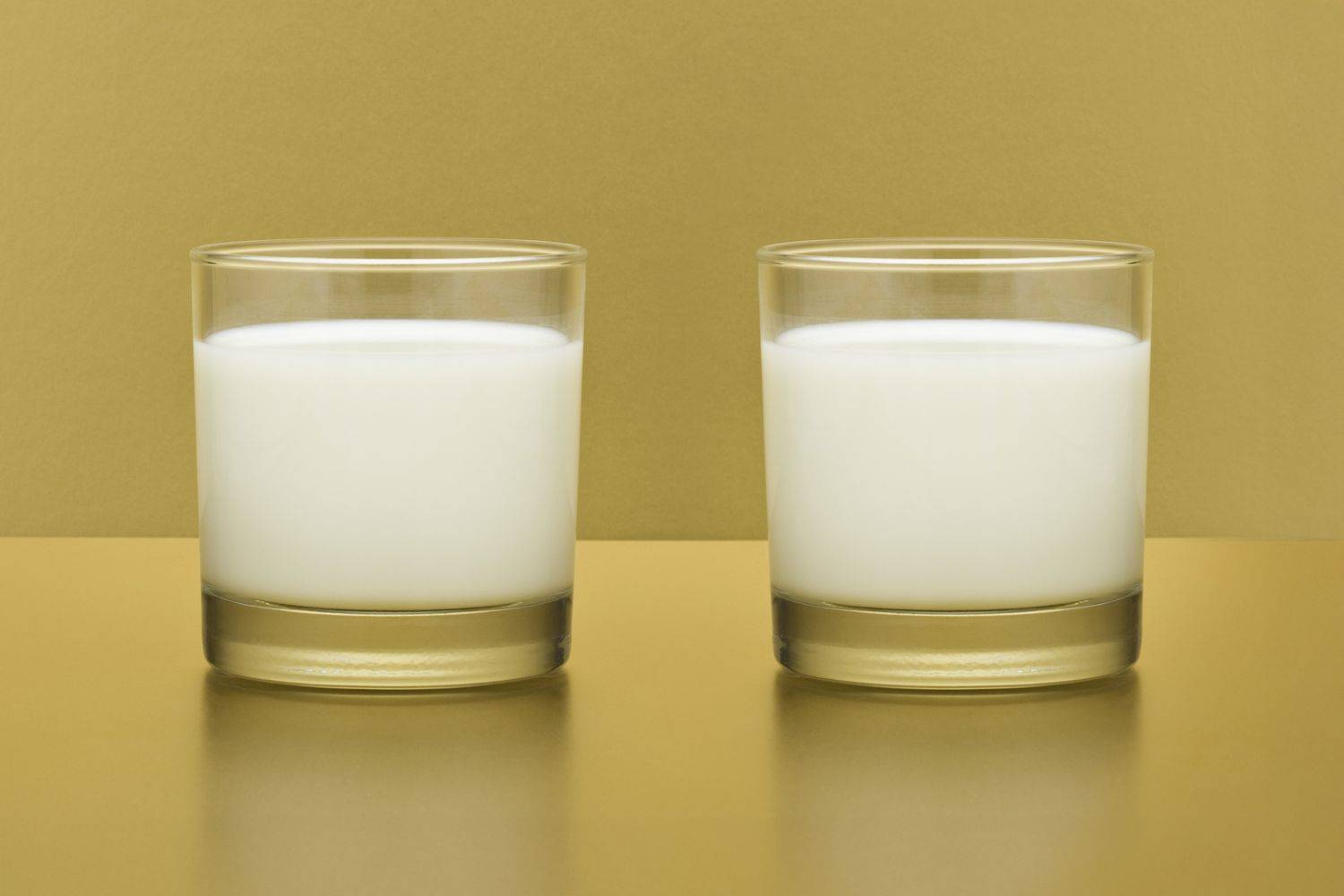
The Final Thoughts
Frequently Asked Questions
What are the benefits of camel milk as per Ayurveda?
What are the advantages of consuming camel milk?
Camel milk contains vitamin C, calcium, and immune-boosting proteins such as lactoferrin. Moreover, camel milk is simpler to digest compared to cow's milk, and it helps to regulate blood sugar, improve gut health, and strengthen immunity.
What is the best time to consume camel milk as per Ayurveda?
The best time to consume camel milk is in the morning on an empty stomach or at night just before sleep, depending on preference. In the morning, it enhances digestion and energy, and at night, it promotes rest and immunity.
What are the eight types of milk mentioned in Ayurveda?
- Cow milk (Go-Dugdha)
- Buffalo milk (Mahisi-Dugdha)
- Goat milk(Aja-Dugdha)
- Camel milk (Ustra-Dugdha)
- Sheep milk (Avika-Dugdha)
- Elephant milk (Hastini-Dugdha)
- Human milk (Nari-Dugdha)
- Milk of animals with single hoofs, like a horse (Ekasapha Kshira)
How much protein is in 1 glass of camel milk?
As per studies, camel milk contains 2.15-4.90% protein content. For instance, a glass of 200 mL camel milk will approximately contain 4.3 to 9.8 mL of protein content.

